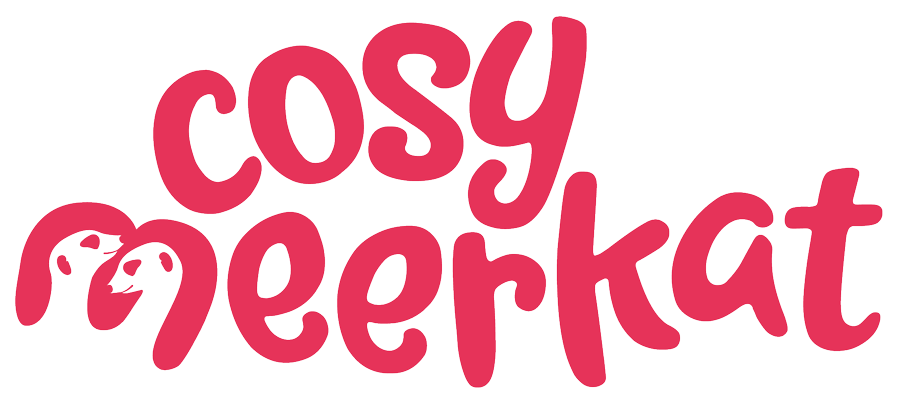Culture change. Misogyny. Harassment.
The dark ages are not behind us and why we all need to catch up
We’ve been working with a few clients recently on big cultural change projects. It’s powerful, positive work, but it’s also been difficult to process. Some of the stories I’ve heard from women across different organisations have been shocking. Not “mildly outdated” shocking, but jaw-droppingly, stomach-churningly wrong. Misogyny. Bullying. Behaviour that belongs in the dark ages, not in any modern organisation.
It’s a reminder that while women have moved on, adapted, and grown braver in calling this stuff out, too many men simply haven’t caught up.
I remember my first job in London, as a twenty-something eager to prove myself. My boss would lean in too close, under the pretence of “showing me how to do things.” I got very good with my elbows. Back then, you brushed it off and got on with the job. Today’s twenty-somethings call it out and thank goodness they do. That shift gives me hope.
The wonderful support I have from my dear departed Dad, my husband, other male bosses, peers and friends over the years has made me appreciate that not all men are anything like my first boss. My husband especially is an incredible advocate of women and I love how he encourages our two teenage daughters to be exactly who they want to be and know they can achieve anything that they want to.
But the sad thing is, some men are still clinging to outdated behaviours, power plays, and attitudes that should have been stamped out decades ago. And the Andrew Tates of this world only pour petrol on the fire, giving a new generation permission to swagger, belittle women, and treat workplaces like boys’ clubs.
The cost of misogyny at work
This isn’t about “banter gone too far.” It’s about toxic culture, and toxic culture costs.
Research shows women are disproportionately targeted by incivility and harassment at work, and the result is: damaged confidence, stalled careers and wasted talent. A recent Financial News piece described coercive behaviour in City firms as still a “massive concern.” Over half of professionals in financial services say they’ve witnessed or experienced bullying or coercion. That’s not a blip, that’s systemic rot.
And if you read the HR Magazine article about former rugby COO Hayley Hodson speaking out on misogyny, the parallels are chilling. Whether in sport, finance, government or beyond, women are still battling behaviour that is utterly unacceptable.
When women reinforce toxic culture
Misogyny is overwhelmingly driven by men, but sometimes women perpetuate it too. We’ve all heard stories of, or worse, experienced first-hand, women tearing down other women.
Internalised misogyny is real. Many of us grew up in workplaces where only a handful of women could succeed, and the way to survive was to play along with sexist cultures. That doesn’t excuse the behaviour, but it does go some way in explaining why it persists.
True equality means tackling this too. Women supporting women - as well as men supporting women - and vice versa - must be the norm, because collaboration and allyship, not competition, are what will ultimately help dismantle toxic cultures and build brilliant workplaces where people can be themselves. And bring the best of themselves to work, every single day.
What needs to change
Men must evolve. Those who refuse to adapt will be left behind.
Women must stop playing along. Complicity only props up toxic systems.
Leaders must lead. Calling out harassment and bullying is non-negotiable.
Allyship must be visible. Silence is still a choice.
Organisations must get braver. Anonymous reporting, zero tolerance for reprisals, and visible accountability should be seen as standard.
Time to catch up
Women have been adapting to hostile workplaces for centuries, with elbows, with wit, and with grit, but that era should be over. If men feel uncomfortable now, then good. If women feel challenged to reflect on their own behaviour, that’s also good, because it means change is happening.
So here’s the message, as plainly as it can be put:
We all have to catch up.
Misogyny and bullying are relics of a culture that has no place in a modern workplace. If you’re part of it, you’re part of the problem. The rest of us are working hard to solve it.
If you have a culture challenge like this in your workplace, do please get in touch. It’s something we are pretty passionate about and we would love to help.
